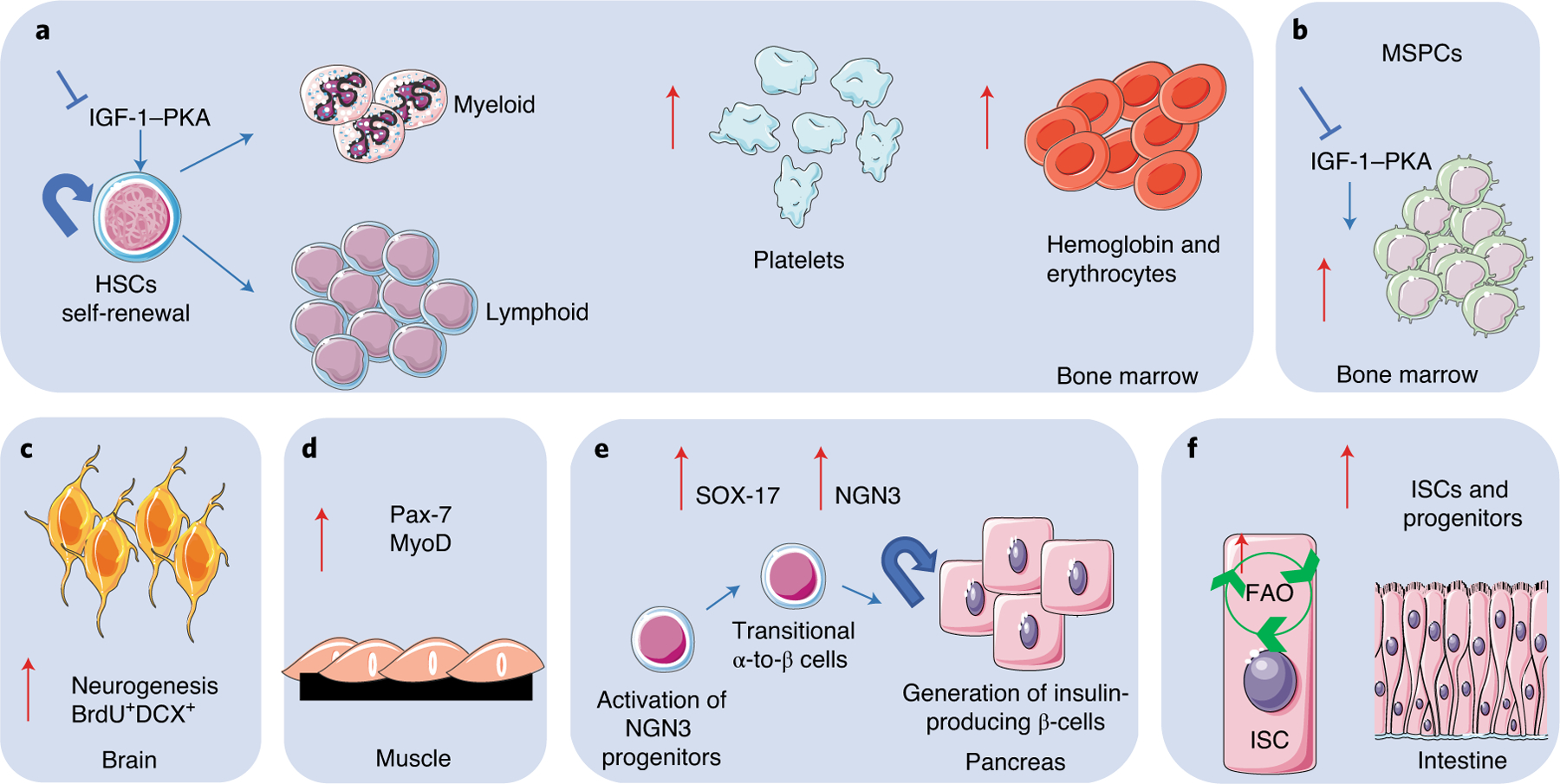Fig. 3 |. Periodic fasting and tissue regeneration and rejuvenation in mice.

Periodic fasting or FMD can affect tissue regeneration in multiple systems and organs in mice. a, In bone marrow, PF or FMD drives self-renewal of HSCs and lineage-balance regeneration of the immune system, leading to a lymphoid-biased phenotype. b, PF and FMD increase mesenchymal stem and progenitor cells (MSPCs) in bone marrow. c, PF and FMD increase neurogenesis in brain tissue, represented by increase in doublecortin (DCX) levels in newly generated bromodeoxyuridine (BrdU+) neurons. d, In muscle tissue, PF or FMD modulates the expression of the pair box protein Pax-7, a stem-cell marker mainly expressed by muscle satellite stem cells, and MyoD, a marker of early muscle differentiation. e, In the pancreas, PF and FMD drive increased expression of early developmental markers, including SOX-17, and of the downstream NGN3 transcription factor, leading to the regeneration of insulin-producing β cells. f, In intestinal tissue acute one-day-only fasting, PF and FMD increase levels of ISCs and progenitors in part by inducing a fatty-acid oxidation (FAO) program or by modulating gut microbiota.
